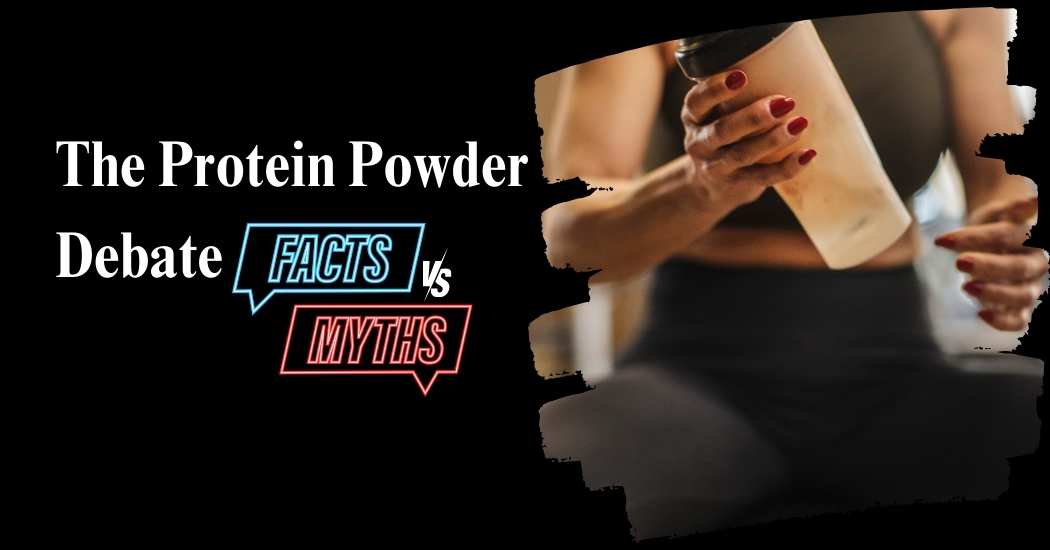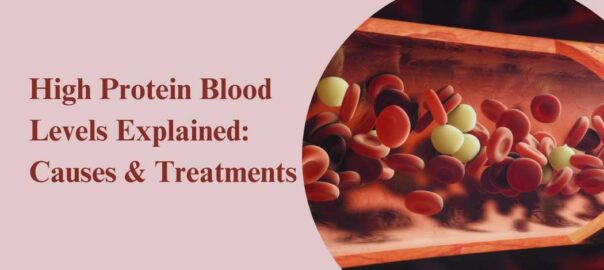
Introduction: Exploring the Protein Powder Phenomenon
In the world of health and fitness, protein powdershttps://glattlife.com/product/fabprot-protein-powder-chocolate-sugar-free/ stand as ubiquitous symbols of muscle gain and recovery. However, beneath the surface lies a complex landscape of choices, claims, and controversies. This article endeavors to shed light on the protein powder debate, dissecting fact from fiction to empower readers with knowledge essential for informed decision-making.
Understanding Protein Powders: Varieties and Composition
Protein powders manifest in diverse forms, each boasting unique compositions and purported benefits tailored to specific needs.
Whey Protein: A Staple in Fitness Nutrition
Whey protein, derived from milk, reigns supreme as the most popular protein supplement. Renowned for its rapid digestion and rich amino acid profile, whey protein serves as a cornerstone in post-workout recovery and muscle protein synthesis.
Casein Protein: Slow and Sustained Release
In contrast to whey, casein protein offers a slower digestion rate, providing a sustained release of amino acids over an extended period. This characteristic makes casein an ideal option for individuals seeking prolonged muscle support, particularly during periods of fasting or overnight recovery.
Plant-Based Proteins: Meeting Diverse Dietary Needs
As plant-based diets gain momentum, so too does the demand for plant-derived protein powders. Varieties such as soy, pea, and hemp protein cater to individuals with dietary restrictions or ethical preferences, offering viable alternatives to animal-derived proteins without compromising nutritional quality.
Debunking Protein Powder Myths: Separating Truth from Fiction
Despite their widespread use, protein powders are often plagued by misconceptions and myths that warrant clarification.
Myth 1: Protein Powders Are Exclusively for Bodybuilders
Contrary to popular belief, protein powders are not limited to the realm of bodybuilding. While they are indeed favored by athletes and fitness enthusiasts, their versatility extends to individuals of all lifestyles seeking convenient and efficient ways to meet their protein requirements.
Myth 2: Protein Powders Harm Kidney Function
Concerns regarding the potential adverse effects of protein powders on kidney health abound. However, scientific evidence suggests that moderate protein intake from quality sources is unlikely to pose a threat to kidney function in healthy individuals. As always, moderation and individualized considerations remain paramount.
Myth 3: Excessive Protein Intake Equals More Muscle Growth
The notion that consuming excessive protein leads to greater muscle gains is a pervasive misconception. In reality, the relationship between protein intake and muscle growth is nuanced, with optimal results achieved through a balanced approach that considers factors such as individual protein needs, training intensity, and overall dietary habits.
Selecting the Right Protein Powder: Tips for Informed Choices
With an abundance of options available, selecting the right protein powder can be a daunting task. Here are some key considerations to guide your decision-making process:
Tip 1: Assess Your Dietary Needs and Preferences
Before making a selection, take stock of your dietary preferences, restrictions, and goals. Whether you prioritize rapid absorption, sustained release, or plant-based options, aligning your choice with your individual needs is essential.
Tip 2: Verify Quality and Purity
Prioritize protein powders that undergo rigorous quality testing and adhere to industry standards for purity and safety. Look for certifications such as NSF Certified for Sport or Informed-Sport to ensure that the product is free from contaminants and banned substances.
Tip 3: Review the Nutritional Profile
Evaluate the nutritional content of protein powders, paying close attention to protein concentration per serving, as well as the presence of added sugars, artificial flavors, and fillers. Opt for products with minimal ingredients and transparent labeling to support your health and fitness goals effectively.
Conclusion: Empowering Your Protein Powder Journey
In conclusion, the protein powder debate is multifaceted, encompassing a myriad of considerations ranging from composition and efficacy to myths and misconceptions. By arming yourself with knowledge and discernment, you can navigate this complex landscape with confidence, making informed choices that align with your unique needs and goals. Remember, the true value of protein powders lies not in marketing hype or fads but in their ability to complement a well-rounded diet and support your journey toward optimal health and vitality.
For personalized guidance on incorporating protein powders into your nutrition plan, consult with a registered dietitian or certified nutrition specialist to receive tailored recommendations based on your individual circumstances and goals. Your path to success begins with informed decision-making and a commitment to prioritize your health and well-being.
FAQ’s
Protein powders are beneficial for anyone looking to increase protein intake, not just bodybuilders or athletes.
No, moderate intake is safe for healthy individuals, but those with kidney issues should consult a doctor.
Daily intake varies, but protein powders can supplement diets, especially for those struggling to meet needs through food alone.
Whey is fast-absorbing, casein digests slowly, and plant-based options cater to dietary restrictions or preferences.
Look for third-party testing, certifications like NSF or Informed-Sport, and transparent labeling to ensure purity and safety. Consulting a professional is wise.












